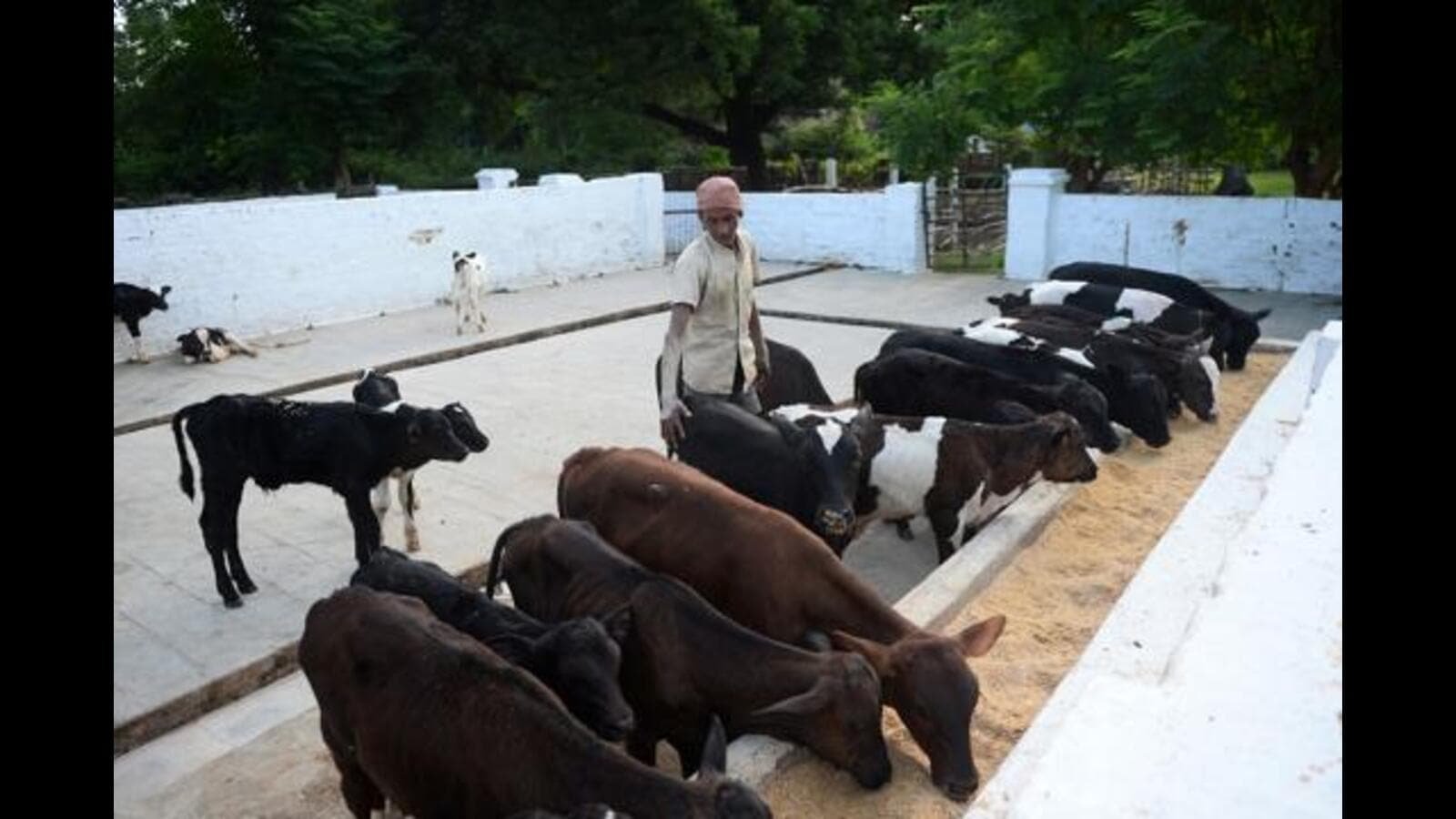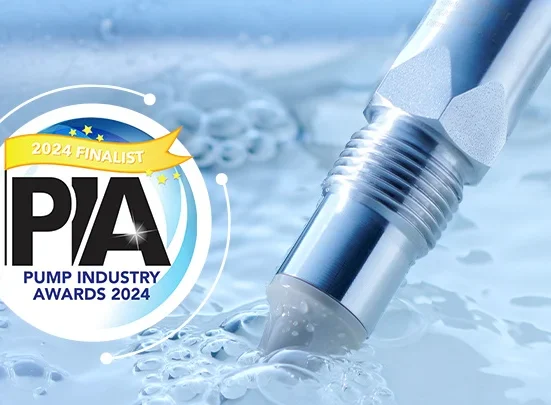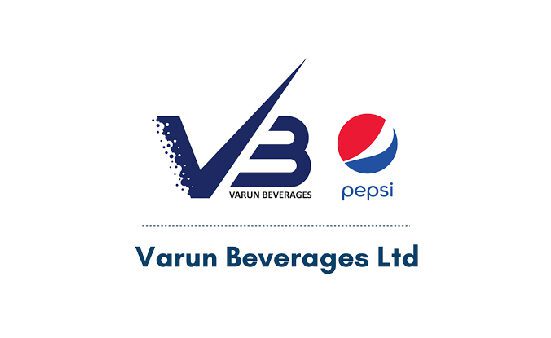The Uttar Pradesh government has outlined a comprehensive strategy to enhance cow protection, milk production, and the commercial use of cow dung and urine. In a meeting, chaired by animal husbandry and dairy development minister Dharampal Singh, at the Mahakumbh, officials reviewed ongoing initiatives and approved new measures.

It was announced that a vermicompost unit will be set up with the agriculture department’s support to make cow shelters self-reliant. The government will facilitate earthworm supply, licensing, and marketing of manure while promoting technology for cow dung-based products. Training programmes will be held for cattle rearers and cow shelter operators.
The government is also considering integrating cow and cattle rearing into school curriculum. Farmers and shelter operators will be trained in silage production and green fodder cultivation in collaboration with the Indian Grassland and Fodder Research Institute.
“With cow protection as a priority, the state has sheltered over 12.43 lakh destitute cows across 7,713 centers, raising the maintenance allowance per cow from ₹30 to ₹50 per day.A Under the Mukhyamantri Sahbhagita Yojana, 1.62 lakh cows have been handed to 1.05 lakh beneficiaries, each receiving ₹1,500 per month,” principal secretary, animal husbandry, K Ravindra Naik said.
“We raised the allowance from ₹30 to ₹50 per cattle per day last year, but in other state the amount is still ₹30,” he told the HT over phone from Mahakumbh.
According to him efforts are underway to install radium belts on stray cattle near highways and CCTV cameras in cow shelters. Additionally, 543 large cow conservation centers have been approved, with costs revised from ₹120 lakh to ₹160.12 lakh per unit, and 372 are already functional.
To boost rural employment, schemes like Gocast, vermicompost, and biogas production are being implemented in 38 districts with women self-help groups and NGOs. A cow sanctuary and compressed biogas (CBG) plant for 5,000 cattle have been set up in Muzaffarnagar in collaboration with the National Dairy Development Board.
Milk production initiatives include a reduction in the cost of sexed semen doses for artificial insemination from ₹700 to ₹100 and the training of 8,000 youth as ‘paravets’. The government has also imported 100 high-yield Sahiwal embryos from Brazil and is using breeding techniques such as IVF and Embryo Transfer Technology (ETT).
To improve livestock healthcare, 520 mobile veterinary units have been deployed, offering on-call services via the toll-free number 1962. Over six crore animals have received free deworming and medical care.







